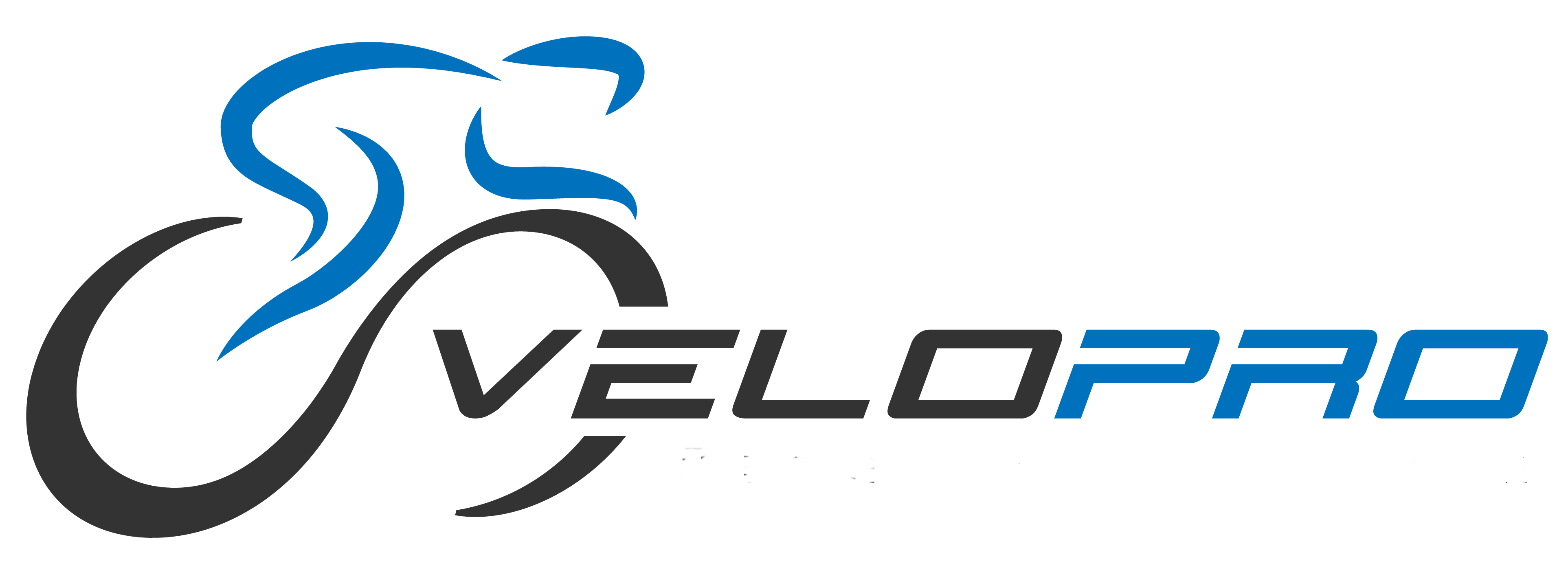Vegetarian Diet and Sports Performance–Guest Post by Natalie Brooks of OptimaDiet
There are many reasons people choose to follow a vegetarian or vegan diet. These are mainly concerns over animal welfare and the environment, but also to improve health. When searching for information online we're bombarded with claims of health benefits, but how accurate are these claims and what's the impact of a vegetarian diet on sports performance?
Studies show a vegetarian diet is higher in antioxidants, which is thought to help reduce exercise-induced oxidative stress, increase aerobic capacity and therefore endurance[1][2]. However, most evidence is based on the average diet of well-educated vegetarians living in western countries, which may not apply to the general population.
Studies in vegetarians compared to health conscious non-vegetarians from the same population show little difference in rates of mortality[3], suggesting no impact on health. Studies in athletes show no improvement or reduction in performance[4]. Benefits are more likely to be from a generally healthier lifestyle, increase in fruit and vegetable consumption and reduction in saturated fats than from an exclusion of animal products.
A well-planned and varied vegetarian or vegan diet can deliver all the nutrients required for health, growth and performance[5]. However, some plant based sources of nutrients are more difficult for the body to absorb; the high fiber content characteristic of a vegetarian diet is also known to inhibit nutrient absorption[6].
Vegetarians, particularly those following a vegan diet, may have lower intakes of quality protein, iron, calcium, zinc, omega 3 fatty acids and vitamins D, B2 (Riboflavin) and B12 (cobalamin)[7][3]. Additionally, young and adolescent athletes could struggle to support energy needs for high levels of physical activity plus healthy growth[8].
To ensure that a healthy vegetarian diet supports and maintains exercise performance, meals should be from a variety of food sources and well planned to ensure no nutritional deficiencies. Those on a vegan diet should consider supplementation with vitamin B12 to avoid potential neurological damage[9][10].
For more information and recommendations for following a vegetarian diet see the extended article at http://optimadiet.com/diet/vegetarian-diet-and-health/.
References
[1] Turner, D.R., Sinclair, W.H. and Knez, W.L., 2014. Nutritional adequacy of vegetarian and omnivore dietary intakes. Journal of Nutrition and Health Sciences, 1, pp.1-4.
[2] Lynch, H.M., Wharton, C.M. and Johnston, C.S., 2016. Cardiorespiratory Fitness and Peak Torque Differences between Vegetarian and Omnivore Endurance Athletes: A Cross Sectional Study. Nutrients, 8(11), p.726.
[3] Key TJ, Appleby PN, Rosell MS. (2006) Health effects of vegetarian and vegan diets. Proc Nutr Soc 65(1):35-41.
[4] Craddock, J.C., Probst, Y.C. and Peoples, G.E., 2016. Vegetarian and Omnivorous Nutrition—Comparing Physical Performance. International journal of sport nutrition and exercise metabolism, 26(3), pp.212-220.
[5] Nieman DC (1999), Physical fitness and vegetarian diets; is there a relation? Am J Clin Nutr, 70:570S-575S.
[6] Institute of Medicine (2005) Dietary Reference Intakes for Energy, Carbohydrate, Fiber, Fat, Fatty Acids, Cholesterol, Protein, and Amino Acids (Macronutrients), National Academies; Washington, DC, USA.
[7] American Dietetic Association, Dieticians of Canada (2003) Position of the American Dietetic Association and Dieticians of Canada vegetarian diets. Can J Diet Pract 64:62-81.
[8] Garner DM (2004) Eating Disorder Inventory. Professional Manual Psychological Assessment Resources, Incorporated.
[9] Allen L.H (2009) How common is vitamin B-12 deficiency? Am. J. Clin. Nutr. 89:S693–S696.
[10] Craig WJ (2009) Health effects of vegan diets. J Clin Nutr 89:1627S–33S.
Bio - Natalie Brooks
A qualified Nutritionist, specialising in sports and exercise nutrition. Following successful completion of a 1st class BSc (Hons) in Food and Nutrition, Natalie worked as a Research and Development Manager for a multinational food company. She is now extending her studies in Sports and Exercise Nutrition (MSc) at Ulster University whilst working as a Nutritional Consultant at OptimaDiet.com.
She is also a cyclist who competes in events and races internationally. She understands that optimal nutrition for sports performance is an essential factor for success.



